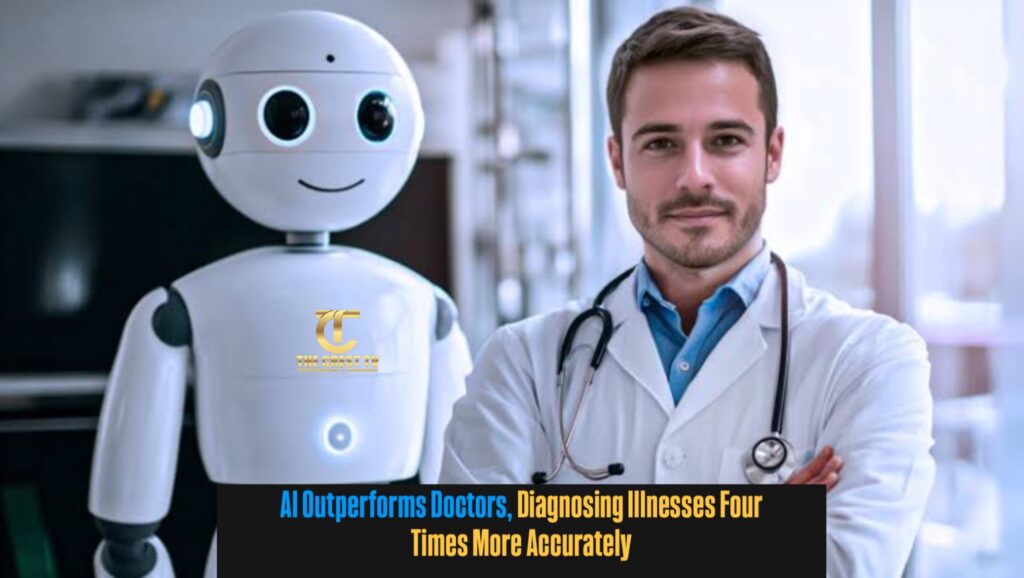
Microsoft’s AI Diagnoses Illnesses Four Times More Accurately Than Doctors
Microsoft has unveiled an artificial intelligence system it claims can diagnose complex illnesses with four times the accuracy of human doctors, marking what it describes as a step toward “medical superintelligence.”
In trials, the Microsoft AI Diagnostic Orchestrator (MAI-DxO) correctly identified illnesses in 86% of cases, compared to just 20% accuracy on average for doctors in the UK and US. Tested on 304 complex cases from the New England Journal of Medicine, the system uses a virtual panel of AI “doctors” including “Dr Hypothesiser,” “Dr Test-Chooser,” and “Dr Challenger” to deliberate internally, order tests, and deliver diagnoses.
In one notable case, the AI diagnosed embryonal rhabdomyosarcoma, a rare childhood cancer, in a 29-year-old woman. Even under a tight $2,000 testing budget, the AI achieved over 70% accuracy, outperforming human doctors who spent nearly $3,000 on tests but only achieved around 20% accuracy without access to textbooks or software.
Despite its success, Microsoft emphasised that the system is designed to complement, not replace, human doctors, noting that AI cannot yet build trust with patients or navigate ambiguity in care. The development comes as UK Health Secretary Wes Streeting pushes for wider NHS use of AI to address rising waiting lists, with plans for an NHS app chatbot serving as a “doctor in your pocket.”
Microsoft, now led in AI health by DeepMind co-founder Mustafa Suleyman, receives 50 million health queries daily via Bing and Copilot, highlighting the growing role of AI as the front line in healthcare.


